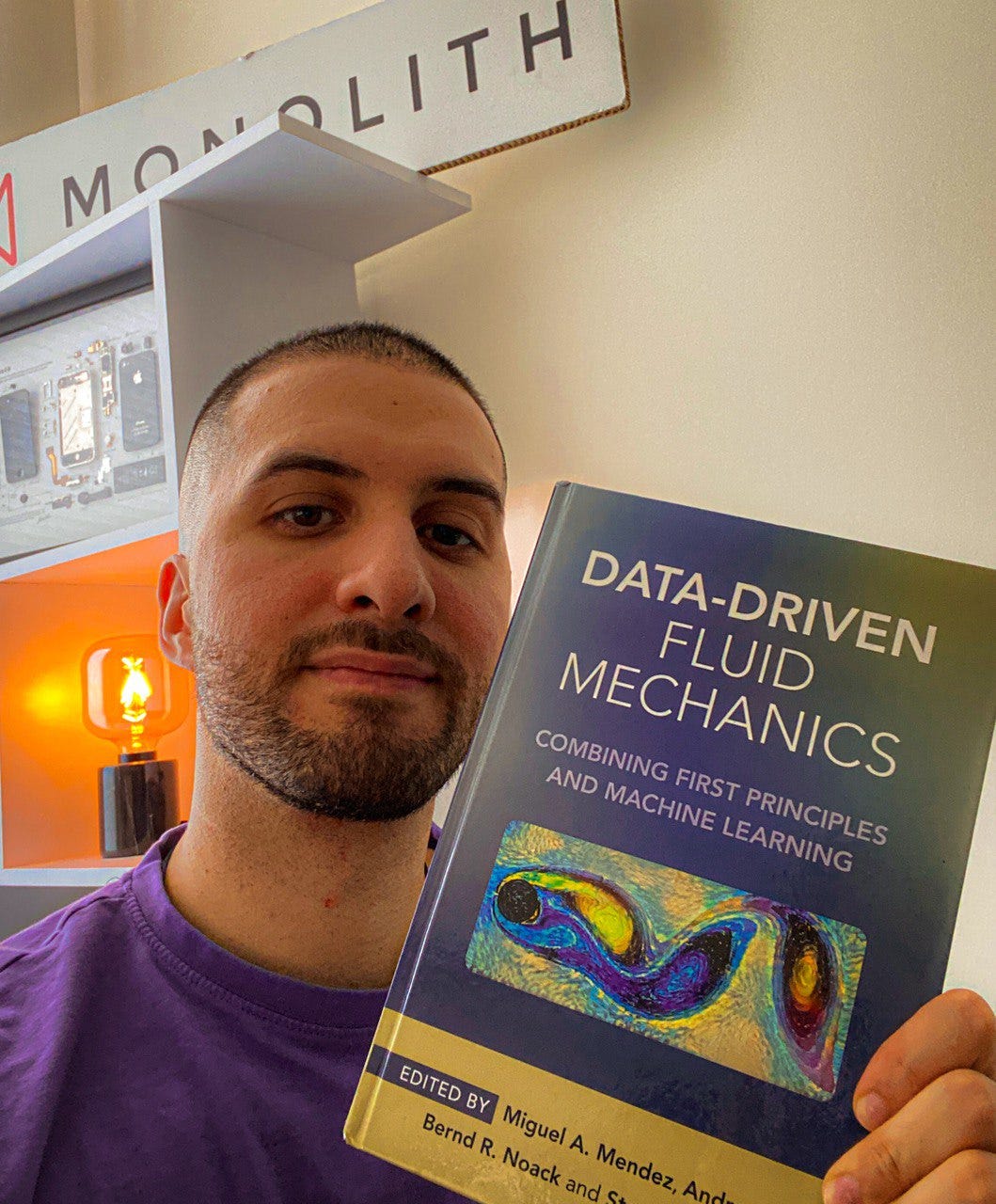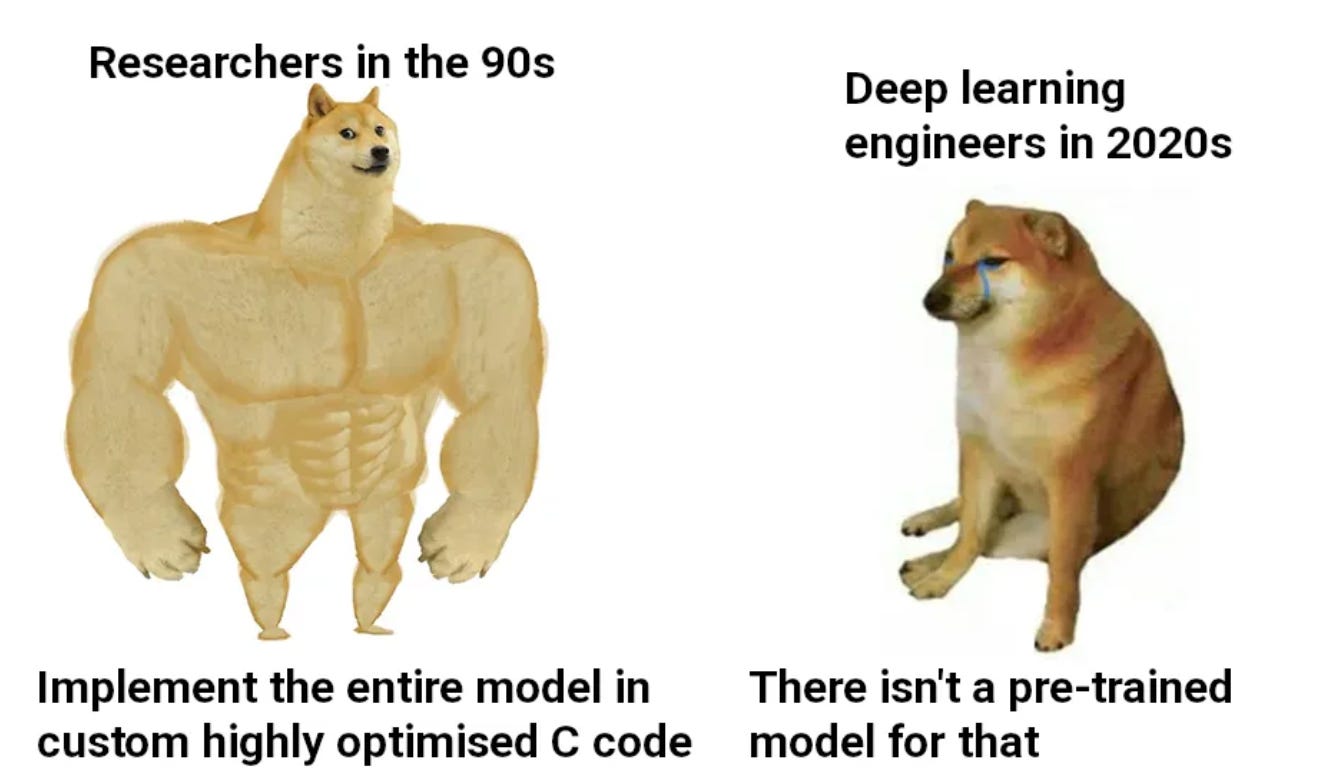./episode_173.sh
📈 Continuous improvement is better than delayed perfection.
🎙️Physics-Informed Neural Networks (PINNs) - Conor Daly
Physics-Informed Neural Networks (PINNs) integrate known physical laws into neural network learning, particularly for solving differential equations. They embed these laws into the network's loss function, guiding the learning process beyond data fitting.
💧Jos Stam | Expert Interview #5
Jos Stam is a researcher in the field of computer graphics, focusing on the simulation of natural physical phenomena for 3D-computer animation.
💦 CFD Essentials: Lecture 6 - The Mechanics of Turbulent CFD
Philippe Spalart discusses the mechanics of running a turbulent CFD simulation:
The pre-processing steps
Generating grids
Obtaining solutions
Understanding the solution and using it for engineering purposes
💻 Validation and Insight Using Ansys Mechanical
Reviewing the calculated results is the most critical part of any simulation. Evaluating deformation and stresses is a primary objective of our analysis, and we may need to determine our engineered design’s safety factors. However, postprocessing also helps us verify that our model setup was correct and that we don't have unexpected behaviors we can't account for. Moreover, we can compare results from different designs to evaluate the optimal configuration.
🏗️ Finite Element Analysis in the Browser using Google Collab
💻 Engineering Tool of the Week – Fluidity
Fluidity is an open source, general purpose, multiphase computational fluid dynamics code capable of numerically solving the Navier-Stokes equation and accompanying field equations on arbitrary unstructured finite element meshes in one, two and three dimensions. It is parallelised using MPI and is capable of scaling to many thousands of processors. Other innovative and novel features include the use of anisotropic adaptive mesh technology, and a user-friendly GUI and a Python interface which can be used to calculate diagnostic fields, set prescribed fields or set user-defined boundary conditions.
📚Book of the Week
Data-Driven Fluid Mechanics: Combining First Principles and Machine Learning
Data-driven methods have become an essential part of fluid dynamicists' methodological portfolio, motivating students and practitioners to gather practical knowledge from a diverse range of disciplines. These fields include computer science, statistics, optimization, signal processing, pattern recognition, nonlinear dynamics, and control.
🙃 Meme of the Week
Work With Us
❤️ Support the Blog & Newsletter
Let’s connect on Twitter, Instagram or LinkedIn!
For any business-related issues or collaborations, email me at support@jousefmurad.com!
Keep engineering your mind! 🧠
Jousef






